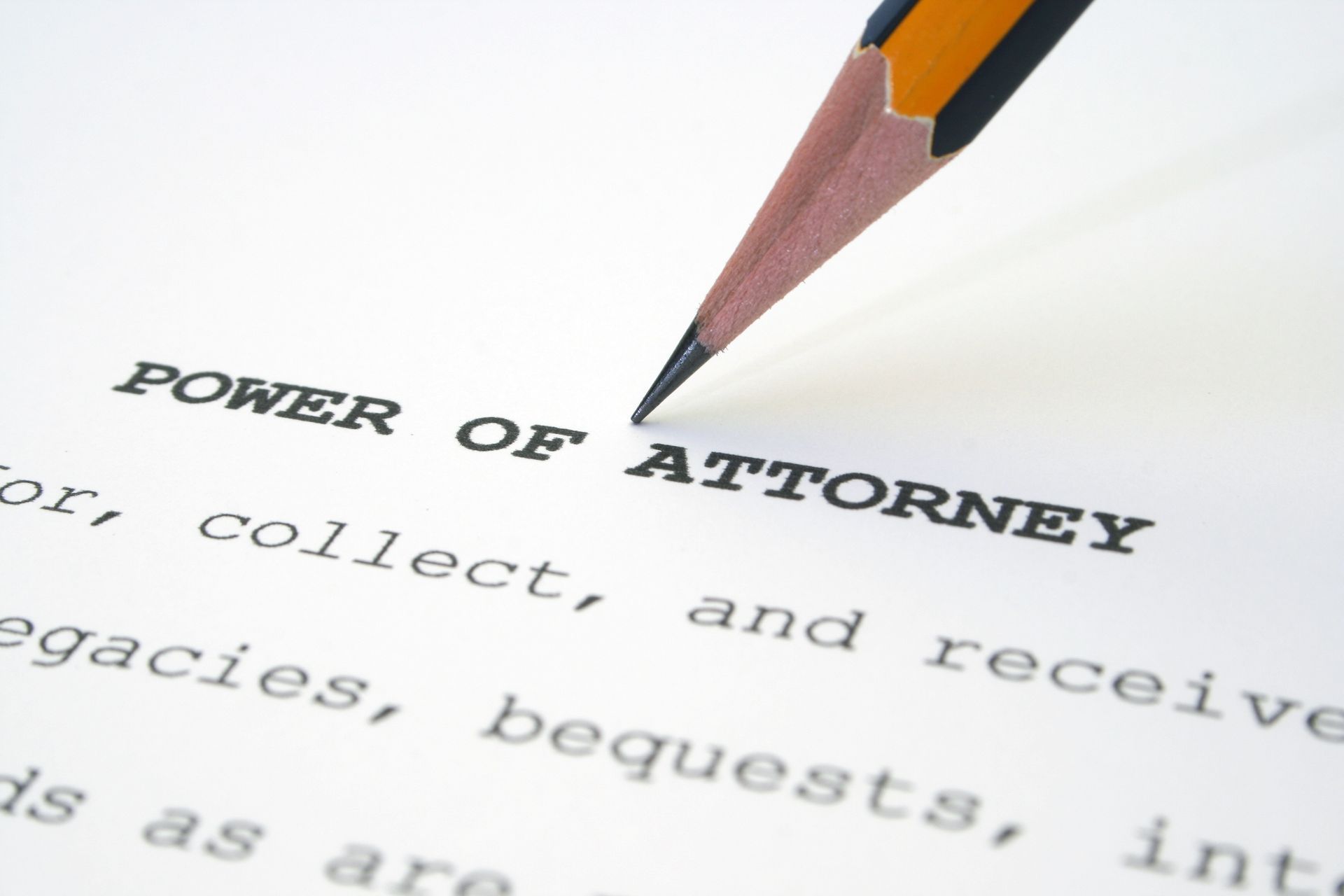24007 Ventura Blvd Suite 200, Calabasas, ca 91302, United States
Main office: 818-222-2227
Call 24/7: 855-765-0871
3 Key Power of Attorney Powers Everyone Should Have

Most people understand the importance of having a power of attorney (POA). It’s a legal document that allows someone else to act on your behalf should you become incapacitated. But not all POAs are created equal. There are three essential powers that everyone should include in their POA. These powers include the ability to fund a revocable trust, the ability to manage digital assets, and the power to prosecute and defend legal actions. In this article, we’ll discuss why these powers are so important and how an attorney can help ensure you have a POA that covers all of them.
The power to fund a revocable trust
A revocable trust (also known as a living trust) is a legal document that enables you to transfer your assets to a trustee, who will hold those assets on behalf of your beneficiaries. One of the key benefits of a revocable trust is that it can help your estate avoid probate, which can be a long and expensive process. However, for a revocable trust to be effective, it must be funded – that is, you must transfer your assets to the trust. That’s where the power of attorney comes in. Without the power to fund a revocable trust, your trustee may not have the necessary authority to manage your assets as intended. With this power, your POA can transfer assets to the trust if you are unable to do so yourself.
The power to manage digital assets
In today’s world, most people have digital assets, whether it’s online banking, cryptocurrency, or social media accounts. However, many traditional POAs do not include provisions for managing digital assets. That means if you become incapacitated, your loved ones may not be able to access or manage these assets on your behalf. To avoid this, it’s essential to include a provision in your POA that explicitly gives your attorney-in-fact the power to manage your digital assets. This power could include the ability to access and manage your online accounts, protect your digital identity, and even shut down social media profiles.
The power to prosecute and defend legal actions
You may think that if you’re incapacitated, you won’t be involved in any legal actions. However, that’s not necessarily true. For example, if you’re in a car accident, you may need to prosecute or defend a lawsuit. If you don’t have a POA that gives someone the power to do so on your behalf, it may be challenging or impossible for your loved ones to navigate the legal system without you. That’s why it’s essential to include the power to prosecute and defend legal actions in your POA.
How can an attorney help?
While it’s possible to create a POA on your own, it’s always advisable to work with an attorney. An attorney can help ensure that your POA is valid and enforceable, and that it includes all of the essential powers discussed above. Additionally, an attorney can advise you on other provisions that may be important, depending on your individual situation. Finally, an attorney can help ensure that your POA is coordinated with your overall estate plan, which can help you and your loved ones have peace of mind.
In conclusion, a POA is an essential document that everyone should have. However, not all POAs are created equal. To ensure that your POA covers all of the key powers you need, including the power to fund a revocable trust, the power to manage digital assets, and the power to prosecute and defend legal actions, it’s advisable to work with an experienced attorney. By doing so, you can ensure that your loved ones have the necessary authority to manage your affairs if you become incapacitated, which can provide you with peace of mind.
Contact us
Main Office: 818-222-2227
Call 24/7:855-765-0871
Southern California Attorneys APC


